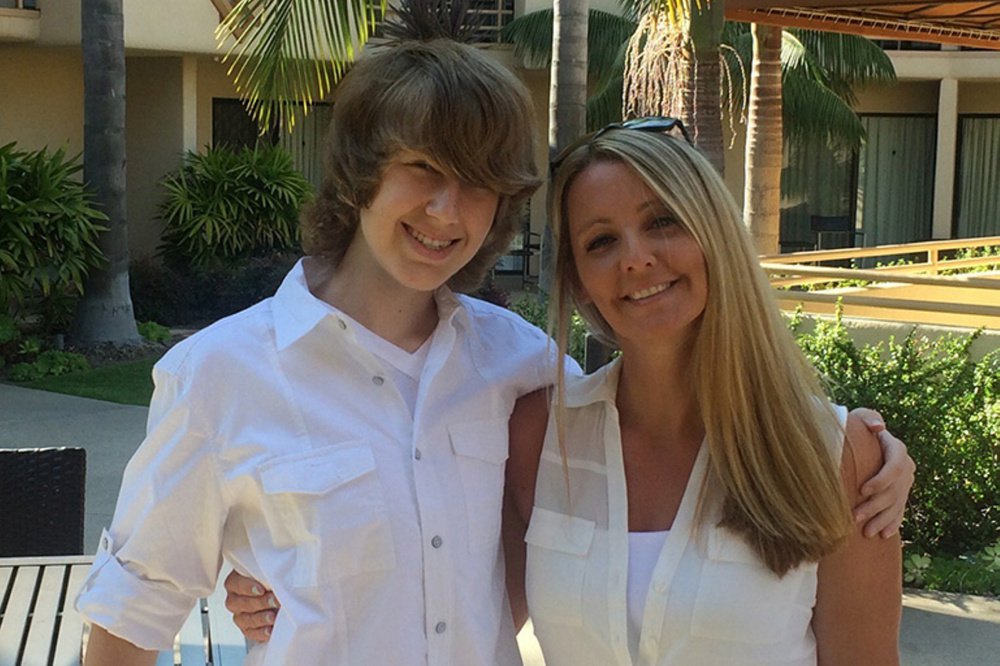Tawny Biggs’ seemingly happy childhood in the northern Los Angeles County suburb of Santa Clarita, Calif., showed no outward sign that she would one day struggle with drug addiction.
As Biggs tells it, she was raised with two siblings “in a very good family” by an assistant fire chief dad and a stay-at-home mom. Her after-school hours were filled with hockey and soccer.
But paradise was lost sometime during her late teens, when emotional problems, drugs and alcohol turned Biggs into a self-described “nightmare.” One night, when she was amped up on cocaine, her boyfriend gave her a hit of something different to help her sleep: heroin.
Before she even knew what had happened, she was addicted. Six months later, she learned she had contracted hepatitis C from a dirty needle.
Biggs, now 37, finally got sober 14 years ago. Now, she helps others get clean as an admissions coordinator at Action Family Counseling drug and alcohol treatment centers, in her hometown. Based in part on her own arduous experience, she strongly supports a controversial proposal to establish venues where adult intravenous drug users can shoot up with clean needles under medical supervision and get referrals to addiction treatment.
The only injection facility currently operating in North America is in Vancouver, Canada. Australia and several countries in Europe also have such centers.
“I think it’s a great idea,” said Biggs. “Right now, in this climate, we have to think out of the box because we’re fighting an uphill battle.”
A bill pending in the state legislature, AB 186, would authorize eight California counties – Alameda, Fresno, Humboldt, Los Angeles, Mendocino, San Francisco, San Joaquin and Santa Cruz – to test so-called “safe injection sites.”
The legislation faces tough opposition. Critics say it essentially endorses the use of illicit drugs. And it is not likely to sit well with the federal government, particularly under Attorney General Jeff Sessions, whose hard line on drugs is well known.
Advocates argue, however, that a different approach is needed to stem the rising tide of addiction and related deaths.
Earlier this spring, San Francisco’s Board of Supervisors instructed the Department of Public Health to form a task force to make recommendations on the establishment of safe injection venues.
Nationwide, several major cities – including Seattle, Baltimore and Philadelphia – are considering such publicly sanctioned locations as a means to curb escalating heroin drug overdoses and deaths; slow the spread of infectious diseases such as hepatitis C; and help people kick their lethal habits.
Across the United States, an exploding opioid epidemic has sent overdose deaths skyrocketing and policymakers scrambling for solutions.
Send questions/comments to the editors.



Success. Please wait for the page to reload. If the page does not reload within 5 seconds, please refresh the page.
Enter your email and password to access comments.
Hi, to comment on stories you must . This profile is in addition to your subscription and website login.
Already have a commenting profile? .
Invalid username/password.
Please check your email to confirm and complete your registration.
Only subscribers are eligible to post comments. Please subscribe or login first for digital access. Here’s why.
Use the form below to reset your password. When you've submitted your account email, we will send an email with a reset code.